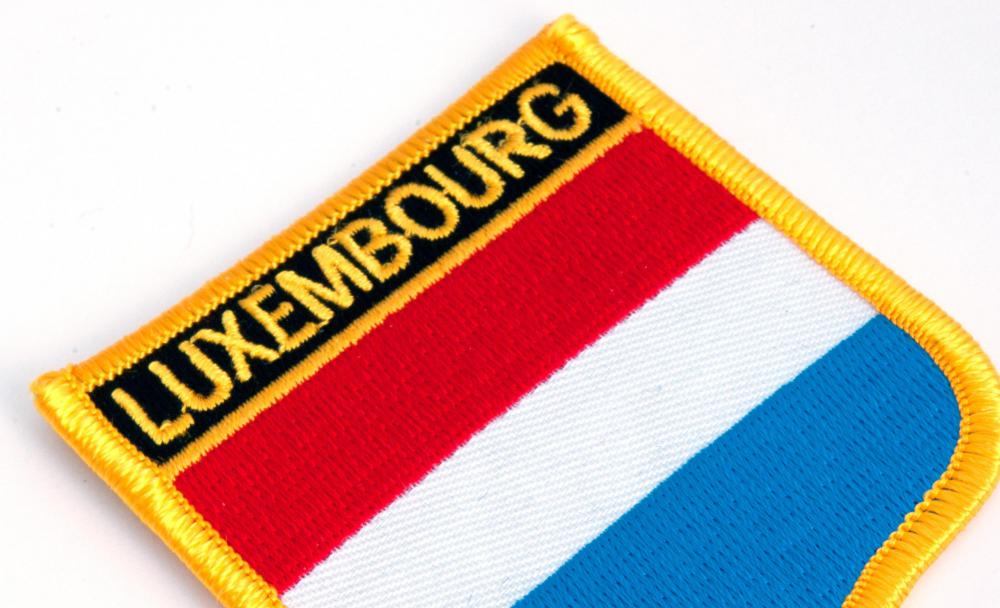At WiseGEEK, we're committed to delivering accurate, trustworthy information. Our expert-authored content is rigorously fact-checked and sourced from credible authorities. Discover how we uphold the highest standards in providing you with reliable knowledge.
What Is a Global Depository Receipt?
A global depository receipt (GDR) is an investing instrument that is designed to make it easy for foreign interests to buy into publicly-traded companies outside of their native nation. Essentially, it is the equivalent of a stock share in a foreign firm which has been structured to account for differing values in foreign currency and other administrative barriers that would otherwise discourage foreign investment in companies. The GDR is an offshoot of the earliest form of such depository receipts, which is known as the American Depository Receipt (ADR), first issued in the United States in 1927.
The value of a global depository receipt can vary from nation to nation and company to company. They also do not necessarily equate on a one-on-one basis to standard shares of stock in a firm, and one GDR can represent several full or partial shares of stock. Traditionally, one GDR is set to be equivalent to ten shares of stock in a firm. The depository receipt itself is held by a local native bank in the country in which the firm is headquartered, on behalf of foreign investors that trade shares of this company on their stock exchange.

Several variations on the global depository receipt exist as of 2011 to facilitate trading of stock on a foreign exchange in companies located in other nations. One of the prominent examples of this is the European Depository Receipt (EDR), which is designed to facilitate foreign trading of companies located in the nations of the European Union. With EDRs, the receipt is usually denominated in the currency of the EU or Euros, as ADRs are denominated in US dollars, though some EDRs are also denominated in US dollars as of 2011. GDRs issued through the London Stock Exchange can also be denominated in British sterling.
Only banks involved in international finance known as depository banks trade in global depository receipts, as they must be able to reconcile the value of the receipt based on fluctuating currency prices. The larger stock exchanges are also the primary locations from which global depository receipts are traded. These include the New York Stock Exchange (NYSE) and American Stock Exchange in the US, as well as prominent exchanges in Europe such as the London, Frankfurt, and Luxembourg Stock Exchanges.
While these investments in general are referred to as international depository receipts, they are not universally structured, but instead must meet the standards of the local stock exchange in order for them to be accepted. This can include such limitations as the firm for which they are issued having a minimum level of capital, share price, or trading volume on the exchange. Some global depository receipts, however, are issued when a company first goes public as well, known as an initial public offering (IPO).
The global depository receipt is an example of a safekeeping certificate. These are documents that legally support an investor's right to a share of assets in a company, even if they are on foreign soil. The safekeeping certificate term is also analogous to certificates of deposit (CDs) which are based on local bank assets.
The global depository receipt is looked at favorably in the international finance community as it increases the volume of international trade that takes place on a daily basis and synchronizes investment markets to some degree. This makes trading on international markets more transparent and more compatible across language and currency barriers, which can also facilitate the growth of economies in developing nations and emerging markets. As of 2011, over 900 global depository receipts existed on stock exchanges in 80 different countries and they have surpassed the long-held dominance of ADRs in this type of investment market.
AS FEATURED ON:
AS FEATURED ON:











Discuss this Article
Post your comments